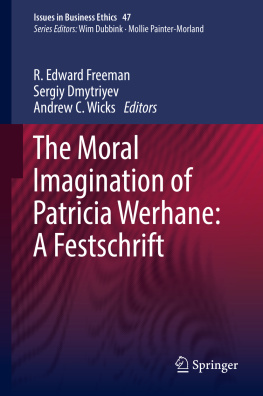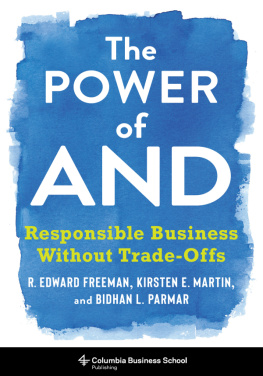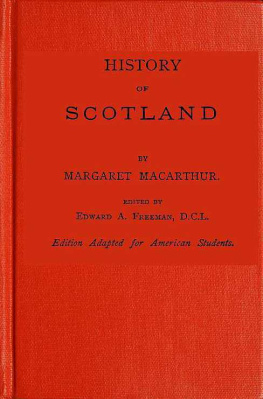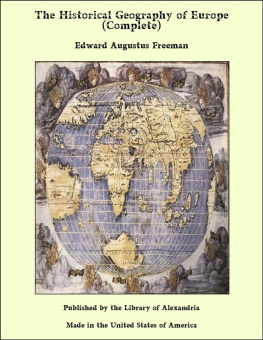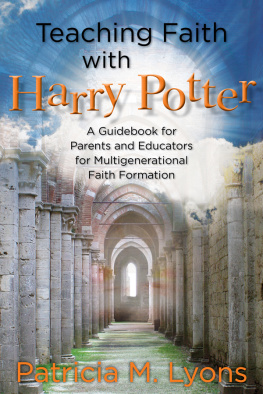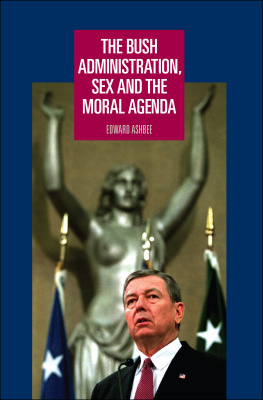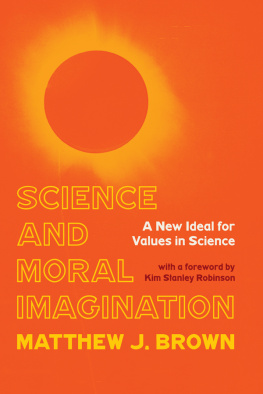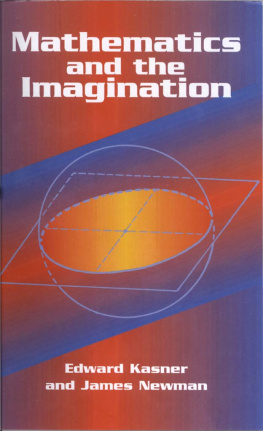R. Edward Freeman - The Moral Imagination of Patricia Werhane: A Festschrift
Here you can read online R. Edward Freeman - The Moral Imagination of Patricia Werhane: A Festschrift full text of the book (entire story) in english for free. Download pdf and epub, get meaning, cover and reviews about this ebook. year: 0, publisher: Springer International Publishing, genre: Science. Description of the work, (preface) as well as reviews are available. Best literature library LitArk.com created for fans of good reading and offers a wide selection of genres:
Romance novel
Science fiction
Adventure
Detective
Science
History
Home and family
Prose
Art
Politics
Computer
Non-fiction
Religion
Business
Children
Humor
Choose a favorite category and find really read worthwhile books. Enjoy immersion in the world of imagination, feel the emotions of the characters or learn something new for yourself, make an fascinating discovery.
- Book:The Moral Imagination of Patricia Werhane: A Festschrift
- Author:
- Publisher:Springer International Publishing
- Genre:
- Year:0
- Rating:5 / 5
- Favourites:Add to favourites
- Your mark:
- 100
- 1
- 2
- 3
- 4
- 5
The Moral Imagination of Patricia Werhane: A Festschrift: summary, description and annotation
We offer to read an annotation, description, summary or preface (depends on what the author of the book "The Moral Imagination of Patricia Werhane: A Festschrift" wrote himself). If you haven't found the necessary information about the book — write in the comments, we will try to find it.
The Moral Imagination of Patricia Werhane: A Festschrift — read online for free the complete book (whole text) full work
Below is the text of the book, divided by pages. System saving the place of the last page read, allows you to conveniently read the book "The Moral Imagination of Patricia Werhane: A Festschrift" online for free, without having to search again every time where you left off. Put a bookmark, and you can go to the page where you finished reading at any time.
Font size:
Interval:
Bookmark:
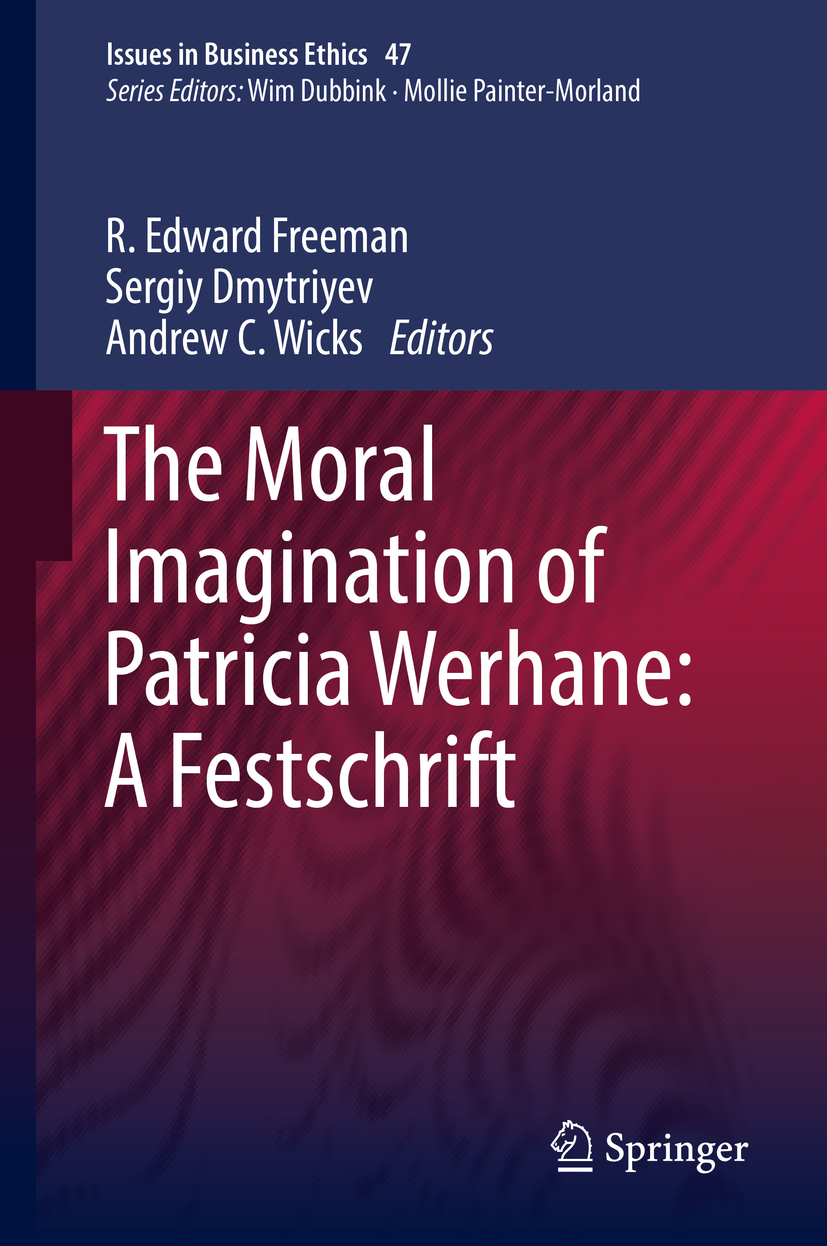
The Issues in Business Ethics series aims to showcase the work of scholars who critically assess the state of contemporary business ethics theory and practice by means of rigorous philosophical analyses and/ or normative evaluation. The series wants to be an outlet for authors who bring the wealth of philosophical literature to bear on contemporary issues in the global business ethics realm. The series especially welcomes work that addresses the interrelations between the agent, organization and society, thus exploiting the differences and connections between the micro, meso and macro levels of moral and political analysis. The series aims to establish and further the conversation between scholars, experts and practitioners who do not typically have the benefit of each others company and as such, it welcomes contributions from various philosophical paradigms, and from a wide array of scholars who are active within in the international business context. Its audience includes scholars and practitioners, as well as senior students, and its subject matter will be relevant to various sectors that have an interest and stake in international business ethics. The scope of the series is therefore broad, but preference will be given to studies that draw on a thorough literature review and other theoretical methodologies, rather than empirical work. Authors from all continents are welcome to submit proposals, though the series does seek to encourage a global discourse of a critical and normative nature. The series insists on rigor from a scholarly perspective, but authors are encouraged to write in a style accessible to a broader audience and to seek out subject matter of practical relevance.
More information about this series at http://www.springer.com/series/11544

This Springer imprint is published by the registered company Springer International Publishing AG part of Springer Nature.
The registered company address is: Gewerbestrasse 11, 6330 Cham, Switzerland

The original version of this chapter was revised. The book was inadvertently published with multiple authors in the reference in chapter 14. An erratum to this chapter can be found at
is University Professor, Elis and Signe Olsson Professor, Academic Director of the Institute for Business in Society, and Senior Fellow of the Olsson Center for Applied Ethics at the University of Virginia Darden School of Business. He is best known for his award winning book, Strategic Management: A Stakeholder Approach (Pitman, 1984; and reprinted by Cambridge University Press in 2010). His latest book is Bridging the Values Gap with Ellen Auster published by Barrett Koehler in July 2015. He has received honorary doctorates (Doctor Honoris Causa) from Radboud University Nijmegen, Universidad Pontificia Comillas in Spain, the Hanken School of Economics in Finland and Sherbrooke University in Canada for his work on stakeholder theory and business ethics. Freeman is Co-Editor-in-chief of the Journal of Business Ethics , one of the leading journals in business ethics. He is the author of more than 200 publications in a wide variety of academic and practitioner outlets. At its 2010 annual meeting, the Society for Business Ethics presented Freeman with its Outstanding Contributions to Scholarship Award for his stakeholder theory work, to which there has currently been more than 50,000 citations. He is a lifelong student of philosophy, martial arts and the blues. Freeman is a founding member of Red Goat Records (redgoatrecords.com) bringing the joy of original soul and rhythm and blues music into the twenty-first Century.
Font size:
Interval:
Bookmark:
Similar books «The Moral Imagination of Patricia Werhane: A Festschrift»
Look at similar books to The Moral Imagination of Patricia Werhane: A Festschrift. We have selected literature similar in name and meaning in the hope of providing readers with more options to find new, interesting, not yet read works.
Discussion, reviews of the book The Moral Imagination of Patricia Werhane: A Festschrift and just readers' own opinions. Leave your comments, write what you think about the work, its meaning or the main characters. Specify what exactly you liked and what you didn't like, and why you think so.

